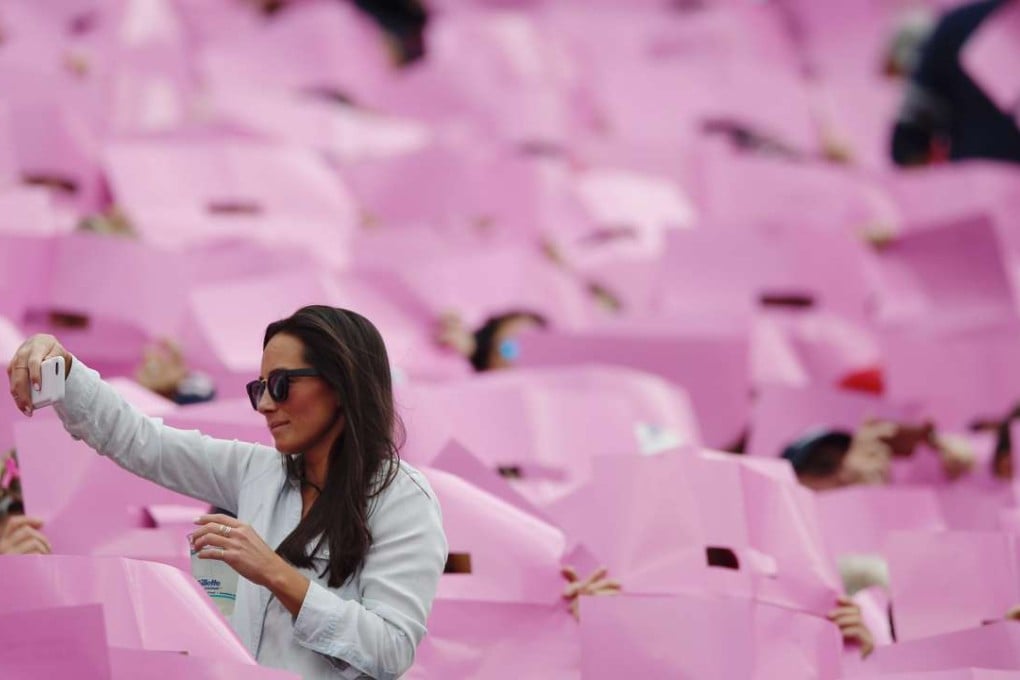Pink may be pretty, but breast cancer certainly isn’t
Amy Wu says despite its good intentions, the breast cancer awareness month tends to downplay the horror and impact of the illness, dampening the urgency to improve prevention efforts and treatment

I am getting decked out in pink. I have the pink scarf with pink ribbon print, the pink T-shirt, and my toenails are freshly painted in bubble gum pink. I am a living and walking cause. Every October, or “Pinktober”, the breast cancer cause is transformed into an advertiser’s dream: pink pens, pink energy drinks, the universally recognised pink ribbon printed on milk cartons and yoghurt lids. There are invitations to pink ribbon parties and countless black-tie benefits.
We need less glitter, and more in-depth discussion on how funding is going towards research, prevention and a cure.
As a young breast cancer survivor – diagnosed and treated at 37 – I am all for awareness and advocacy. I feel incredibly grateful to be alive. Yet, at the same time, the fanfare overshadows the often depressing reality – that the disease continues to strip many women of their lives, including those under 40. I have mixed feelings about the month and a love-hate relationship with the pink ribbon.
The truth is that breast cancer continues to devastate the lives of many women and their loved ones. This year alone, some 246,660 women in the US will be newly diagnosed with breast cancer, and 40,450 women will die of the disease. As a member of several private online support groups, I often see epitaphs and death announcements. This is the reality.
The data is sobering. In Hong Kong, statistics show that breast cancer is the most common cancer affecting women, and cases have tripled, from 1,152 in 1993 to 3,524 in 2013. On average, about nine women are diagnosed with the disease daily. In mainland China, breast cancer makes up 15 per cent of new cancers diagnosed in women there, according to a study on China by the American Cancer Society.

Hong Kong’s 15,000 cases of breast cancer complication made worse by lack of awareness
In less than two years, I’ve lost five young friends to the disease and I am tired of asking, “When will this end?” After mourning their loss, it left me with a greater fear of recurrence, and an immense frustration as to why more attention isn’t placed on research and cure. The cynic in me calls it “pinkwashing”.
